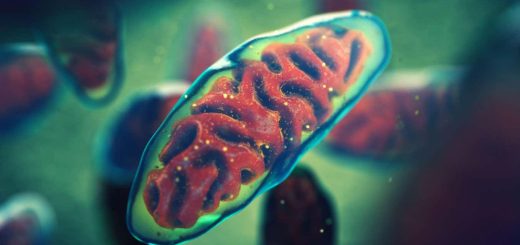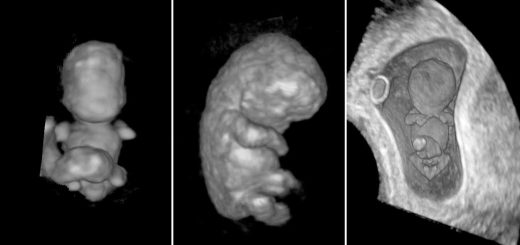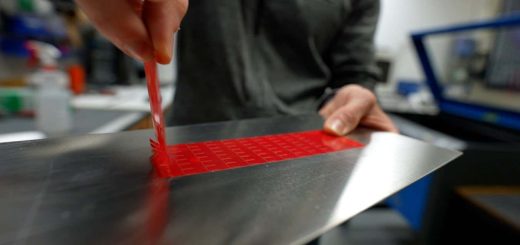Giving birth aged 23 to 32 cuts risk of some congenital conditions
A baby’s chance of having certain medical issues, collectively known as non-chromosomal anomalies, is higher either side of a window of optimum maternal age, a Hungarian study has found
By Clare Wilson
29 June 2023
The age you are when you give birth can affect the chances of the baby developing certain medical conditions
Rawpixel/iStockphoto/Getty Images
The optimum age for giving birth to reduce the baby’s risk of certain health conditions is between 23 and 32, according to a study in Hungary, although the chances remain low at all ages looked at.
The likelihood of having a baby with Down’s syndrome or other medical conditions caused by alterations to chromosomes – the packages of DNA – was already known to increase with age.
But it was unclear how age at the time of birth affects the baby’s risk of being born with another group of conditions, collectively known as non-chromosomal anomalies (NCAs). These encompass a diverse range of conditions, including cleft palate, club foot and disorders of the heart, genitals, brain, lungs and digestive system.
Advertisement
Read more:
Genetic conflict with the fetus influences when women give birth
They are thought to have a range of causes, including maternal infection, poor diet and exposure to toxins, pollutants or radiation while the fetus is developing, although the specific trigger is usually unknown for any given case, says Boglárka Pethő at Semmelweis University in Budapest, Hungary.
To investigate the impact of age on NCAs, Pethő and her colleagues analysed a register of births and stillbirths involving congenital conditions that had been kept in Hungary between 1980 and 2009, as well as abortions that had been carried out because of such conditions. They excluded cases with chromosomal anomalies and milder NCAs, such as hernias.


